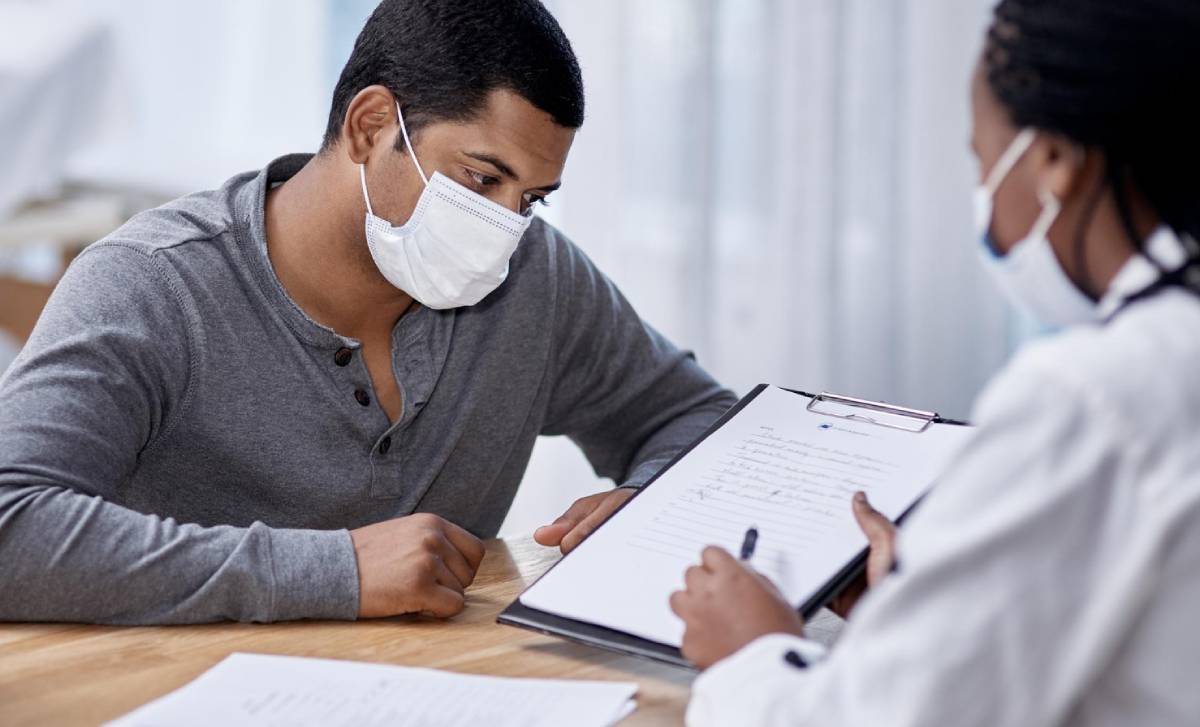
If you’re in the middle of applying for a visa, green card, or citizenship, you’ve probably heard about “the Medical Examination for Immigration in NYC.” It sounds super official, maybe even a bit scary, right? Like some mysterious test where a white-coated doctor decides your future. But it’s not like that.
Think of it as a health check, not a judgment day. Let’s walk through what actually goes down, what to bring, and how to prep so you walk in calm, not sweaty-palmed.
Here’s the deal: the exam isn’t there to label you as “healthy” or “unhealthy.” The real purpose is to make sure no one entering the country has a contagious disease that could spread to others or conditions that might cause public health issues.
Basically, it’s the government’s way of saying, “Let’s keep everyone safe.” It’s not personal. They’re checking for infectious diseases, verifying your vaccinations, and making sure everything meets the health standards required for immigration.
You’re not being judged on your fitness level, your diet, or whether you’ve eaten too many late-night pizzas lately (we’ve all been there). It’s about public safety plain and simple.
Here’s something a lot of people get wrong you can’t just go to your regular family doctor for this. Immigration Medical Exam in NYC must be done by government-authorized physicians.
If you’re applying from outside the U.S., the doctor is called a panel physician. If you’re already inside the U.S., they’re known as a civil surgeon.
These are the only folks allowed to do your immigration exam and sign off on it. Once you’re done, they’ll hand you an official report or sometimes send it directly to immigration electronically. That part’s important, because only their reports count.
So, make sure to find a legit, listed doctor before booking your appointment.
Don’t just roll up empty-handed! Having the right documents makes the whole thing smoother. You’ll need:
Now, if you’ve lost some vaccination records (which happens more often than you’d think), don’t panic. The doctor can administer the missing shots during your visit or schedule them for a later appointment. It’s totally normal.
Alright, here’s the play-by-play so there are no surprises.
It usually starts with basic forms and a chat about your health history past surgeries, illnesses, any medications, etc. Be honest. The goal isn’t to trip you up; it’s to document everything properly.
They might also ask about mental health or past substance use. Again, it’s about understanding your health background, not judging your life choices.
Then comes the physical exam. This part is pretty routine think height, weight, blood pressure, vision, listening to your heart and lungs, checking your skin, and a few reflex tests.
If anything seems off, they might order extra tests, but usually the issue is resolved quickly. No pop quizzes, no fitness tests you’re not running laps here.
Next up, some lab work. Usually, a small blood sample is taken to check for certain infections (like syphilis), and sometimes a urine test is also conducted. If there’s any concern about tuberculosis, you might also get a chest X-ray.
It’s a standard thing, nothing you haven’t done at a regular check-up before.
This part matters more than people expect. The doctor will review your vaccination record to make sure you’re up to date. The list often includes measles, mumps, rubella, polio, tetanus, diphtheria, hepatitis B, chickenpox, and the flu shot if it’s flu season.
If you’re missing any, they can give them to you right then.
Once the Medical Examination for Immigration in NYC is done, the doctor prepares your medical report. Depending on the process, you might get a sealed envelope, or the results might be sent straight to immigration.
Important tip: if they give you the envelope, do not open it. It sounds weird, but immigration won’t accept it if it looks tampered with. Hand it over sealed, just like that.
Most of the time, that’s it. If all’s well, you’re cleared. If they need more info say another test or vaccine record the clinic will tell you exactly what to do next. It’s usually a minor follow-up.
Here’s how to keep it easy-breezy:
And most importantly don’t overthink it. You can’t “fail” this exam like a test. It’s a formality to ensure everything’s in order, health-wise.
So yeah, the exam might sound big and official (and maybe a little scary), but once you’re in the room, it’s just another doctor visit with a few extra forms attached.
If you’re ready to complete your immigration medical exam in NYC, visit Green Card Medical NY today we’ll guide you through every step with care, professionalism, and peace of mind.